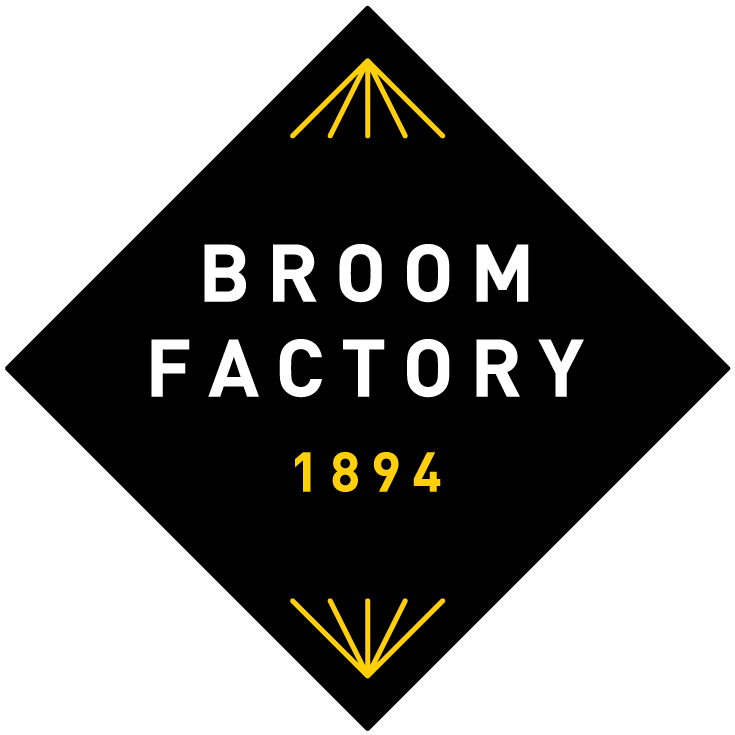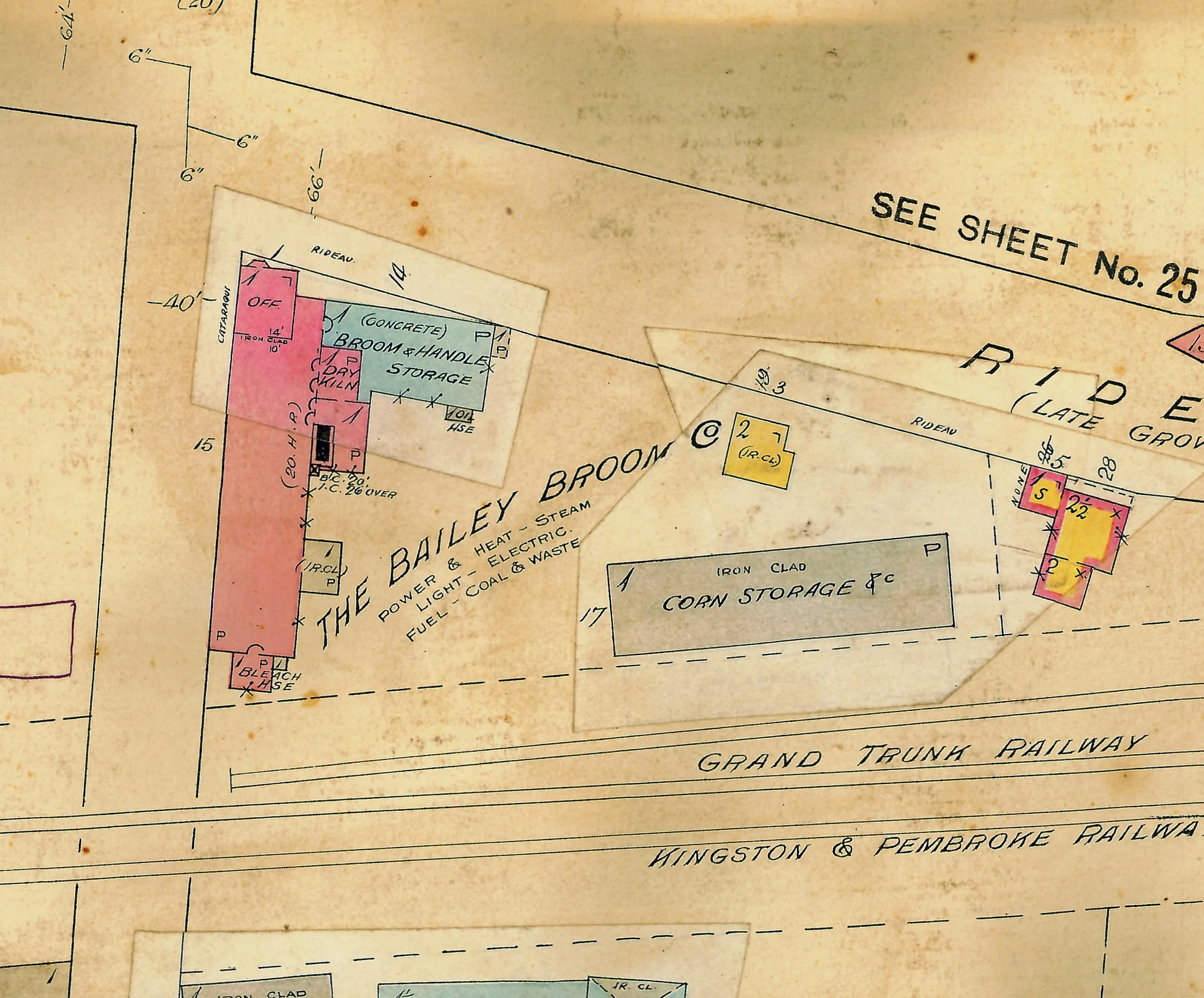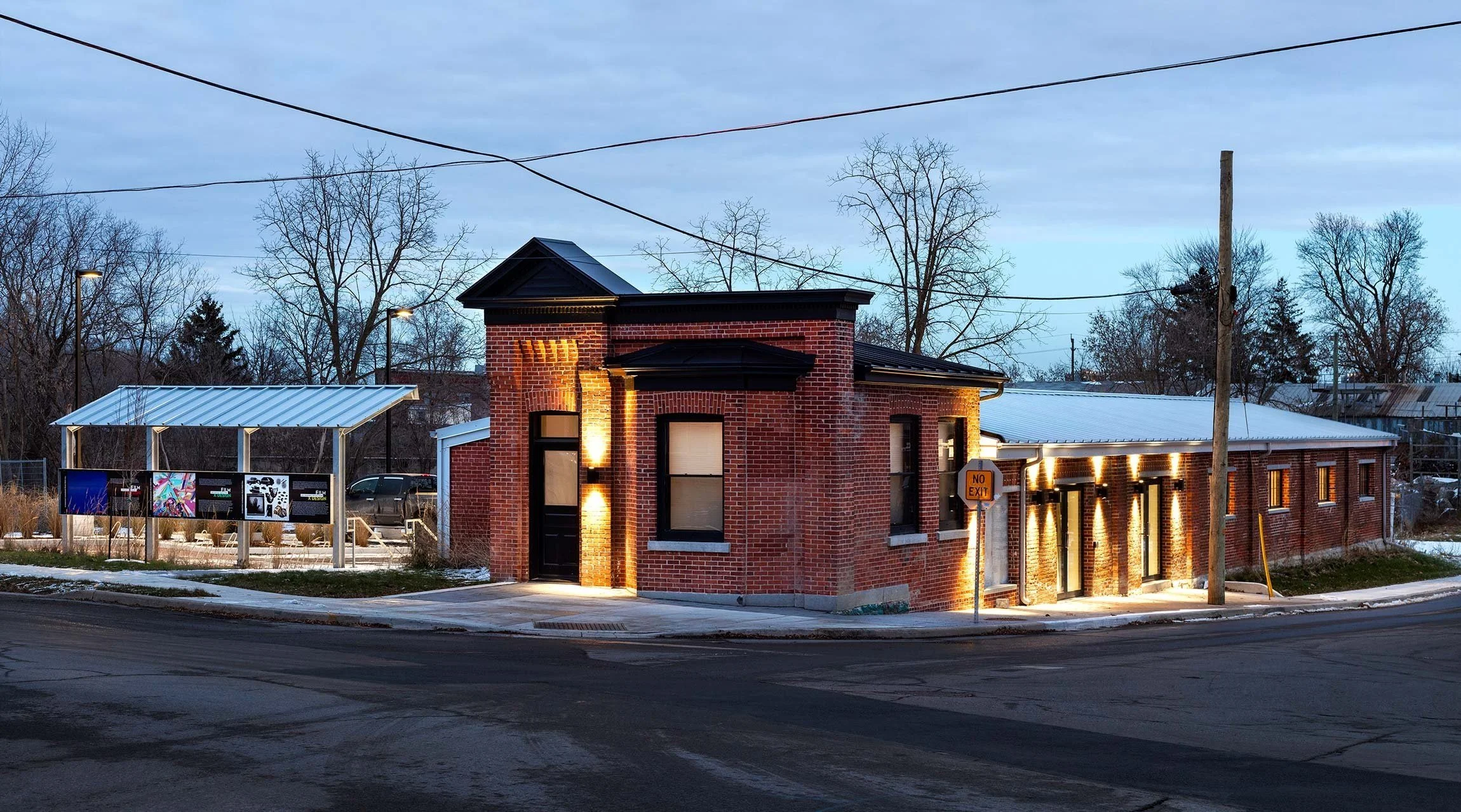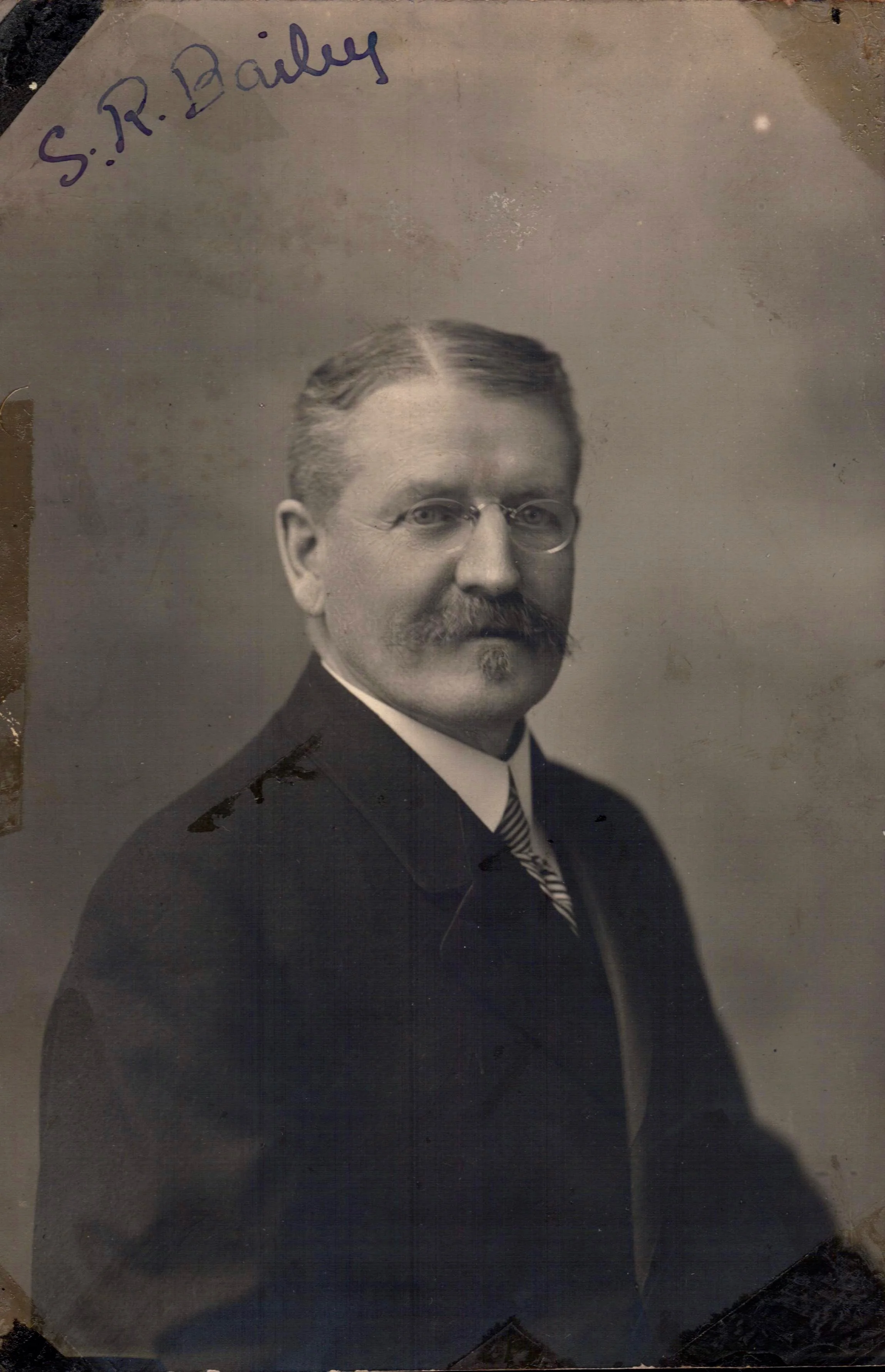ART
•
FILM
•
MUSIC
•
WORK
•
SHARE
•
COLLABORATE
•
ART • FILM • MUSIC • WORK • SHARE • COLLABORATE •
BROOM FACTORY
THRough the years
Broom Factory
1894
Operating as a broom factory from 1903-1923, the building has been owned and operated by numerous companies over the past century. It was derelict when RAW Design bought and revitalized it starting in 2016, retaining many of its heritage features. The architectural firm opened its Kingston office within the updated building, now called “Broom Factory”, in 2021. Later that year, the Kingston Canadian Film Festival (KCFF) moved in as tenants, with the shared vision of creating a venue that could function as both office space and event space. The Kingston Film & Media Office (2022), KPP Concerts (2002-current), and TULA café (2023-2024) also became tenants in the space.
History
The industrial red-brick warehouse along Cataraqui Street was first constructed in 1894 by the Imperial Oil Company. In 1903, the building was purchased by Kingston-local Samuel R. Bailey to become the new production warehouse for his family's broom-making business. Originally called the W.B Broom Co., Samuel took over from his father with friend and co-operator John M. Hughes to rebrand into what we know today as the Bailey Broom Company. The Bailey Broom Company employed 55 men and produced 1,680 “Universal Cleaner” brooms daily. In 1905, Bailey commissioned local architecture company Newlands & Sons to design a front office on the corner of Cataraqui and Rideau streets.
Samuel R. Bailey retired in 1929 after being bought out of the business by John M. Hughes who would continue successful broom-making operations until their closure in 1923. The property was then sold to a subsidiary of Imperial Oil, the Queen City Oil Company for their oil distribution operations. They sold the property in 1959 to roofing supply company Quintal & England. When that firm ceased operations in 1994, the building was taken over by Rosen Fuels for storage, and abandoned at some point in the next decade.
In the spring of 2014, the City of Kingston purchased the property from Rosen, conditional upon Rosen demolishing the building. The City’s intention was to improve sightlines at the intersection between Cataraqui and Rideau, and/or to clear the way for the “Wellington Street Extension,” an arterial road planned to go through Douglas Fluhrer Park, since cancelled. Shortly before Council was to vote on the sale, neighbours caught wind of it, and community heritage experts including Laura Murray (of the Swamp Ward and Inner Harbour History Project from 2020), gathered information to oppose the demolition. Arguments made included the rarity of surviving industrial built heritage in Kingston, the association with a major Kingston architect, and a general lack of attention to heritage buildings north of Princess Street. A protest took place outside of City Hall in early August, which brought artists, activists and local residents together in support of the cause. City counsellors were convinced that the building was an important piece of Kingston heritage, and removed the demolition clause from the purchase agreement. The building then continued to sit empty for 4 more years.
Revitalization
In 2016, Toronto-based architectural firm RAW purchased the property with the intention of turning the old Broom Factory into a community hub “serving film, music, design and community.”
Today, the building at the corner of Cataraqui and Rideau Streets serves as a distinctive entryway to a street featuring the dynamic National Grocers’ Building (a hub for studios and small business) and the elegant Woolen Mill (housing offices, the Boiler Room Climbing Gym, the Whig Standard, a spa, and so on). The Bailey Broom building stands one block from the river, and right beside the route of the old Hanley Spur.

Land Acknowledgement
The Broom Factory is situated on the ancestral and continuing unceded territory of the Huron-Wendat, Anishinaabe and Haudenosaunee peoples. We would like to acknowledge that this land is steeped in rich Indigenous history. The people who work at the Broom Factory are grateful to share in the stewardship of our region. We recognize our shared history and future, as we strive to create an honest, open, and inclusive culture.








